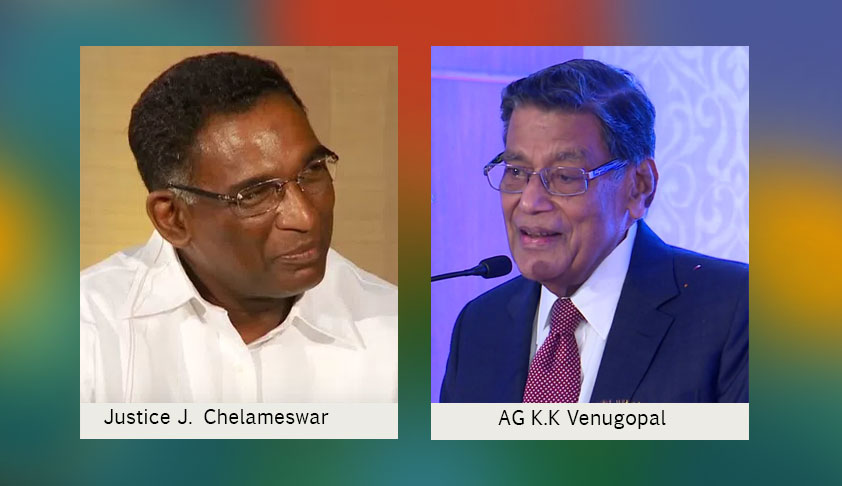The Attorney General, K.K.Venugopal, today told the Supreme Court bench of Justice J.Chelameswar and S.Abdul Nazeer, that it is not fair to assume that the political class, by nature, is corrupt. He was responding to the petitioner, S.N.Shukla of the NGO, Lok Prahari, who claimed that politics has become the most lucrative profession in India with the number of crorepatis among the...

